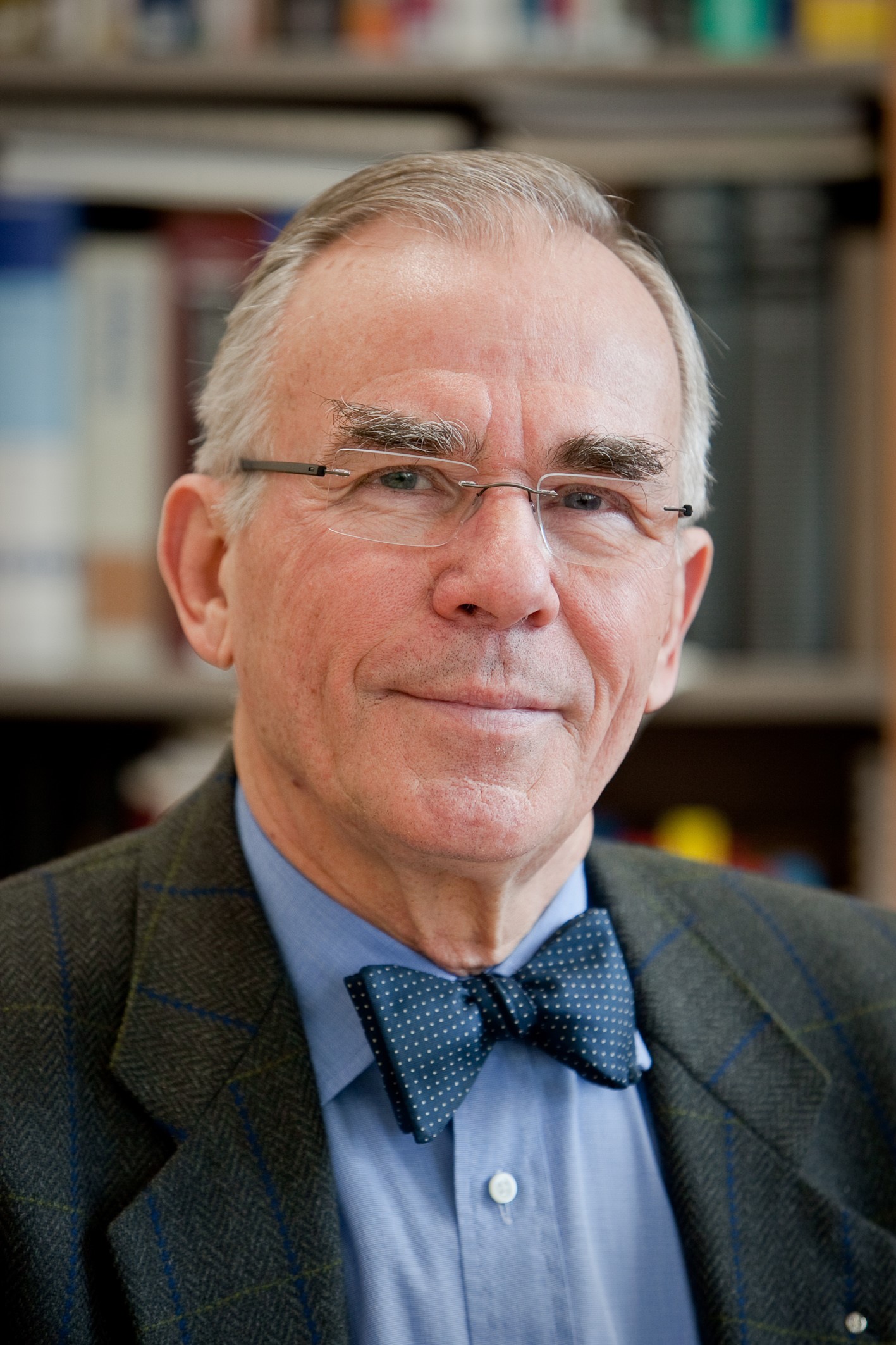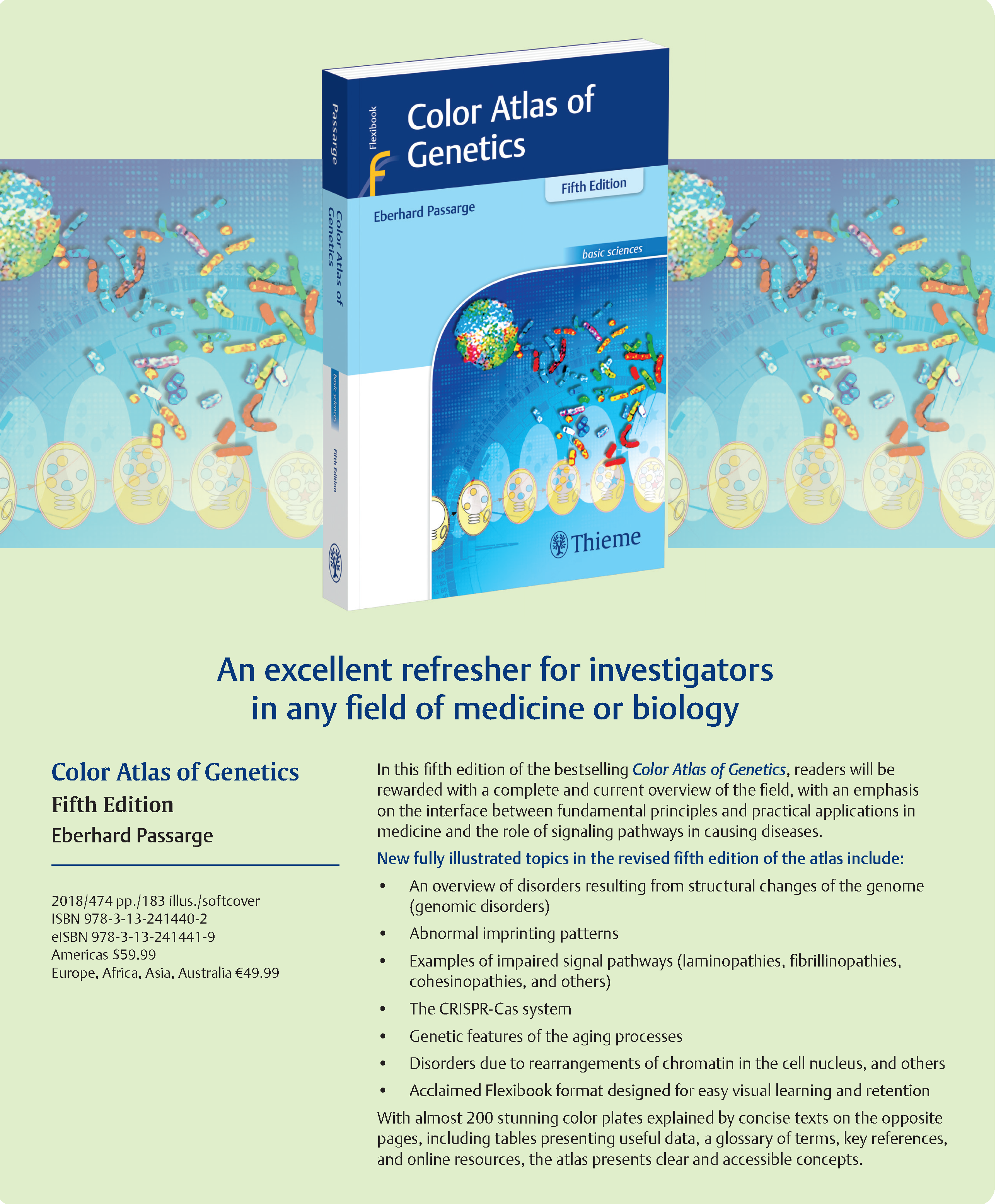 Prof. Eberhard Passarge, an author of the famous Color Atlas of Genetics, will have a speech at our Scientific Conference soon. The name of his lecture is The Concept of Disease in Human Genetics. What can we look forward to? Read the following interview. The lecture will be held on April 25, 10.40 am at Pelouchova Lecture Hall.
Prof. Eberhard Passarge, an author of the famous Color Atlas of Genetics, will have a speech at our Scientific Conference soon. The name of his lecture is The Concept of Disease in Human Genetics. What can we look forward to? Read the following interview. The lecture will be held on April 25, 10.40 am at Pelouchova Lecture Hall.
What is the title of your lecture for our medical students? Could you please shorty introduce the main topic of it?
The title of my presentation will be The Concept of Disease in Human Genetics. I will compare the definition of disease in medicine and in medical human genetics. In medicine it is mainly defined by the phenotype. In contrast, medical genetics views diseases by their genotype. What may appear as a single disease by phenotype, may be caused by many different genes (genotypes). For the medical geneticist these would be different diseases with a different pathophysiology.
 You are quite famous as an author of the bestselling book Color Atlas of Genetics. Can you tell us more, please: How long have you been working on it; when has the book been first published; how many reeditions there is and to which languages has it been translated?
You are quite famous as an author of the bestselling book Color Atlas of Genetics. Can you tell us more, please: How long have you been working on it; when has the book been first published; how many reeditions there is and to which languages has it been translated?
My book Color Atlas of Genetics has appeared recently in its 5th edition. On the fifth edition I worked about 14 months, but not full time. If I would convert the time to full time it would correspond to about 4–6 months full time.
The first edition appeared 1995. For the first edition I needed about 5 years, but also not full time. The main part of this book are about 185 color plates. Each plate and a closely corresponding explanatory text cover a set of facts and/or concepts. This corresponds to small chapter. For the first edition I needed one year just for 20 plates and their text. This goes faster now.
The English and the German editions I wrote myself. It is translated into about 10 other languages (French, Spanish, Portuguese, Italian, Turkish, Arab, Greek, Japanese, Chinese and Polish). However, up to date have remained only French, Japanese and Turkish. These are translated from the English (American) version by colleagues in human genetics, not by official translators.
Human genetics is very fast developing field of research. Do you have to reflect it in your book?
Yes, this new edition contains new and up to date information in keeping with the many new developments in the field.
What are the main areas of interest of your work?
My main interests are genetic background of cancer, selected malformation syndromes, application of molecular information in diagnosis and genetics counselling. One of my main interests is teaching. This is reflected in the book.
You are an Emeritus Director at a Department of Human Genetics, University of Essen School of Medicine. Are you still actively engaged in research? In case of you are, what is the topic of it?
I had to retire from the chair of human genetics in Essen in 2001 as dictated by German University law requiring retirement at the age of 65. However, I stay active in the field, prepared new editions of my book, or gave courses in human genetics in India and Romania (still going on today). From 2010 to 2014 I served as Interim Chairman at the Institute of Human Genetics, University of Leipzig.
Read more about Prof. Dr. med. Eberhard Passarge in his CV.